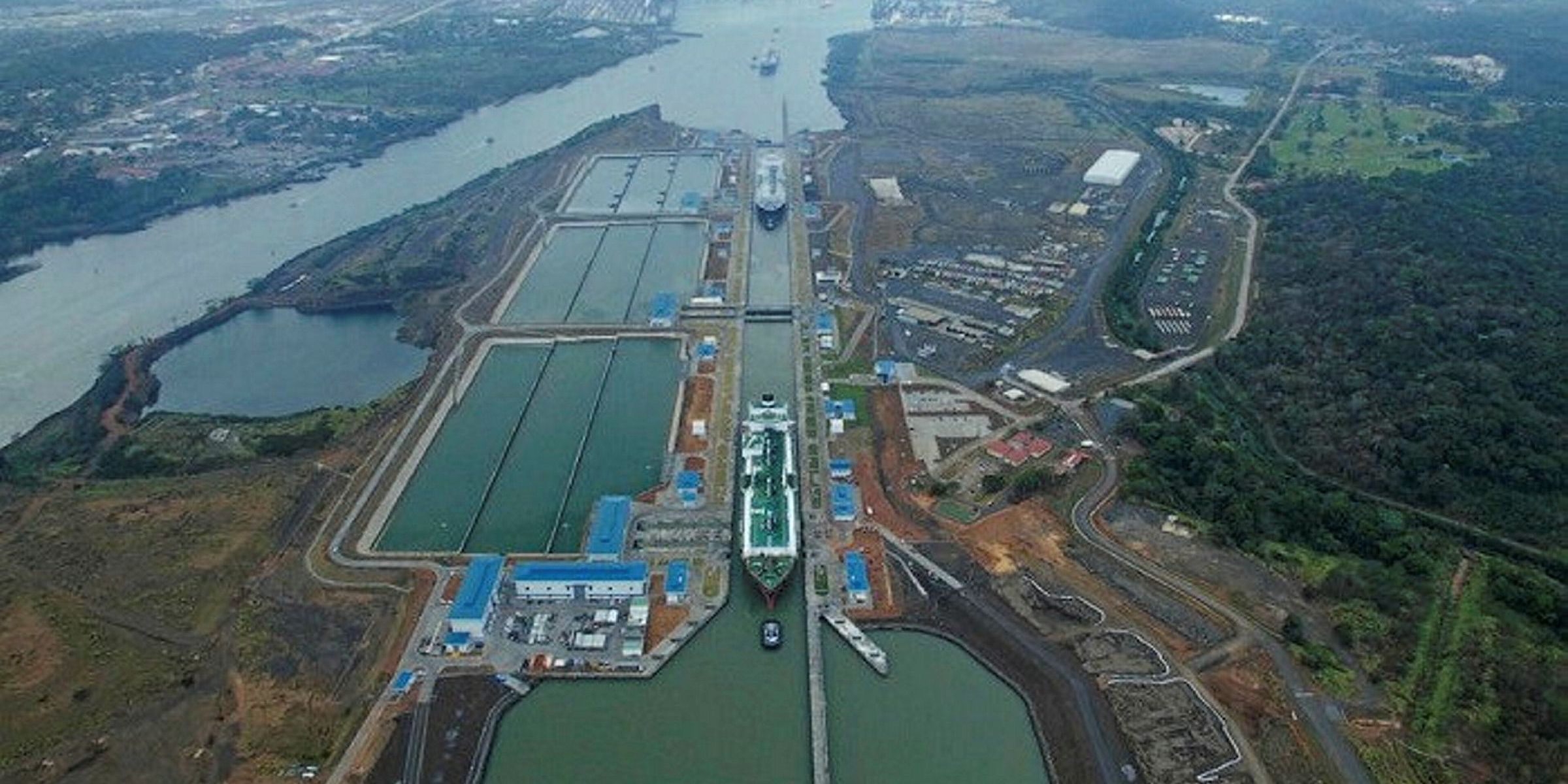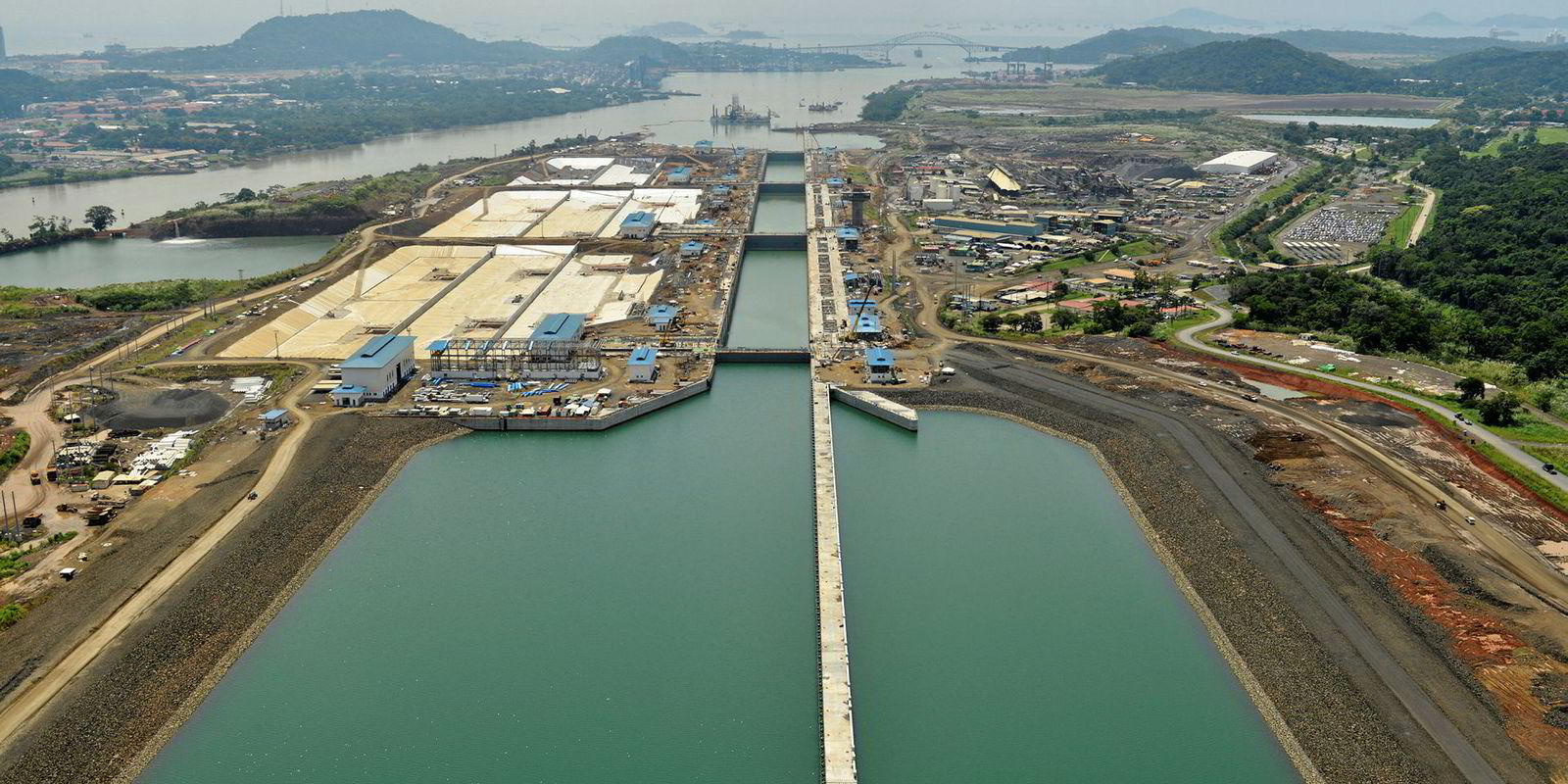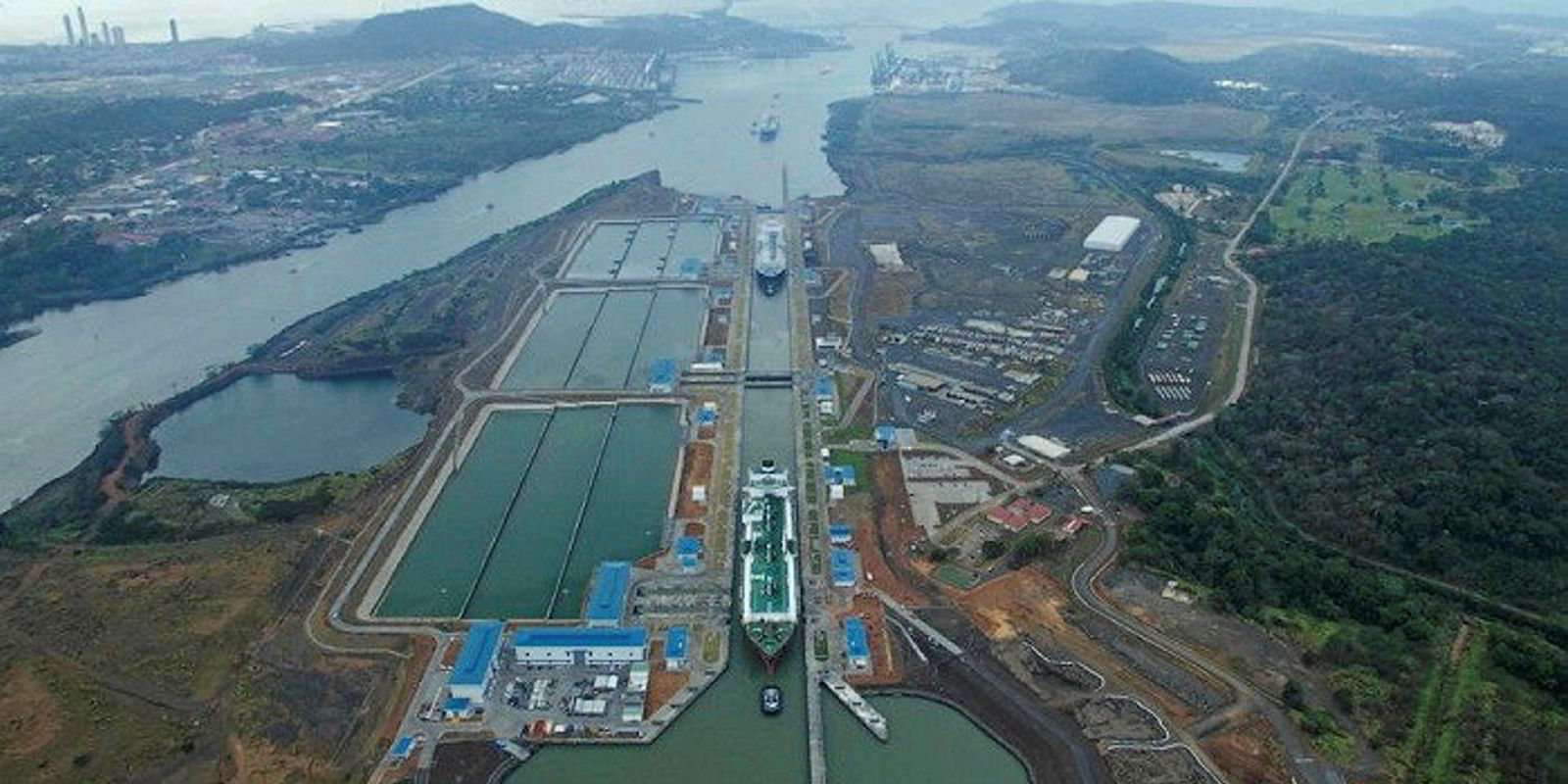Overworked tugboat captains could cause a major crash on the Panama Canal if work rules aren't changed, unions warned in a report issued Thursday.
The study found the 2016 widening of the canal to allow larger ships and a 2017 decision by the Panama Canal Authority (ACP) to remove the second captain from the tugs has kept the captains from getting the rest they need, raising the possibility of catastrophe.
"The significant reduction in manning, compounded by the excessive overtime being required of tugboat captains, are jeopardising the safety of workers, including Panamanian citizens, and risk exposing them to a potential environmental disaster," said Stephen Cotton, general secretary of the International Transport Worker's Federation (ITF).
The organisation commissioned the report on behalf of the Union de Capitanes y Oficiales de Cubierta (Captains and Deck Officers Union).
In interviews with 55 of the canal's 150 tug captains, the report found they were now being relied on to accompany the larger neo-panamax ships for the entire length of the waterway, lengthening shifts to 12 hours or longer — some working as many a 20 continuous hours.
Further, with just one captain on the tug, captains are on-task for the entirety of their shift, wearing them down.
"Captains complained that they are unable to use the toilet, eat or address other personal needs, when necessary, during vessel assists," the report read.
Both Cotton and ITF inland navigation chair Yuri Sukhorukov said they have tried to engage with the ACP over their concerns, but were rebuffed.
They said the 2017 collision between a tug whose captain fell asleep and a US Coast Guard cutter was evidence tug captains were being asked to do too much.
No one was hurt in that crash, but the cutter suffered $170,000 in damage, according to the National Transportation Safety Board.
In a statement, the ACP said it commissioned two studies from independent experts in which the Union de Capitanes y Oficiales de Cubierta participated.
"The Panama Canal relies on best practices and complies with international standards for the safety of its operation and workforce," the statement read. "The ITF is an organisation that does not have interference in Canal labor's issues."






